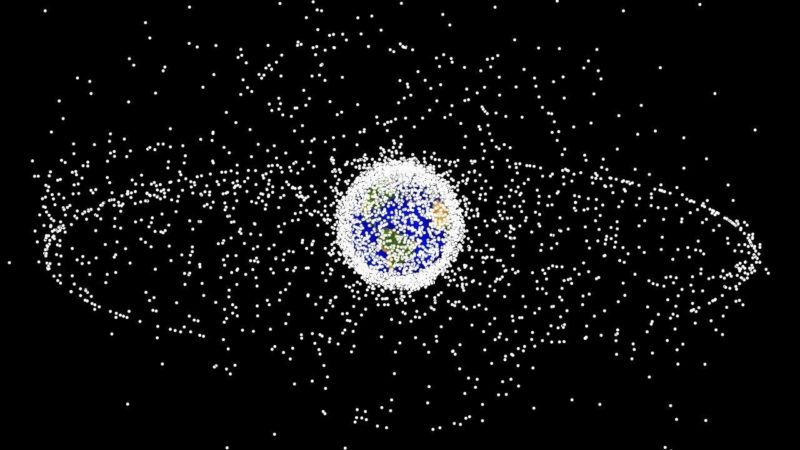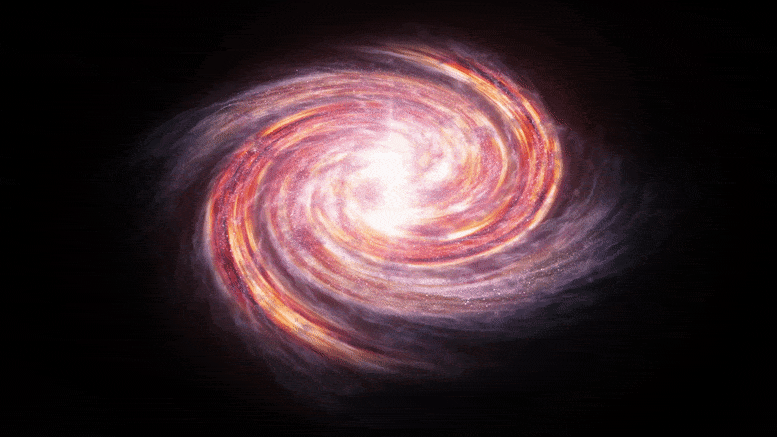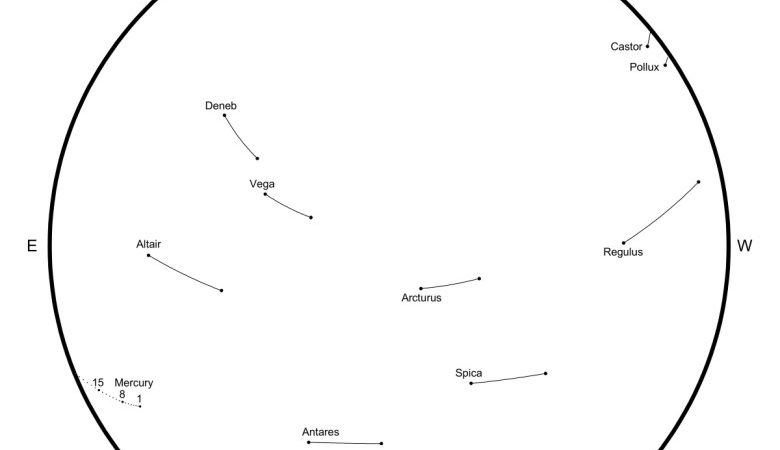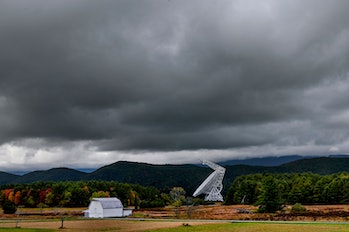Hubble Snaps Close-Up of Spiral Galaxy IC 2051 | Astronomy – Sci-News.com
The NASA/ESA Hubble Space Telescope has captured an outstanding image of the central part of the compact spiral galaxy IC 2051.
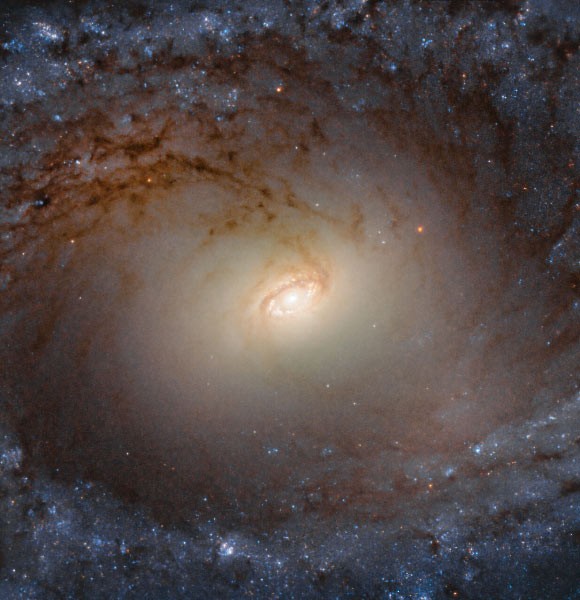
This Hubble image shows the central region of IC 2051, a spiral galaxy located 90 million light-years away in the constellation Mensa. The image is made up of observations from Hubble’s Wide Field Camera 3 (WFC3) in the optical and infrared parts of the spectrum. Three filters were used to sample various wavelengths. The color results from assigning different hues to each monochromatic image associated with an individual filter. Image credit: NASA / ESA / Hubble / P. Erwin et al.
IC 2051 lies in the southern constellation of Mensa, some 90 million light-years away.
Otherwise known as ESO 4-7 and LEDA 13999, this galaxy was discovered by the American astronomer DeLisle Stewart in December, 1900.
IC 2051 is a spiral galaxy, as evidenced by its characteristic whirling arms and a bar of stars slicing through its center.
“This galaxy was observed for a Hubble study on galactic bulges, the bright round central region of spiral galaxies,” the Hubble astronomers explained.
“Spiral galaxies like IC 2051 are shaped a bit like flying saucers when seen from the side.”
“They comprise a thin, flat disk, with a bulky bulge of stars in the center that extends above and below the disk.”
“These bulges are thought to play a key role in how galaxies evolve, and to influence the growth of the supermassive black holes lurking at the centers of most spirals,” they said.
“While more observations are needed in this area, studies suggest that some, or even most, galactic bulges may be complex composite structures rather than simple ones, with a mix of spherical, disk-like, or boxy components, potentially leading to a wide array of bulge morphologies in the Universe.”

